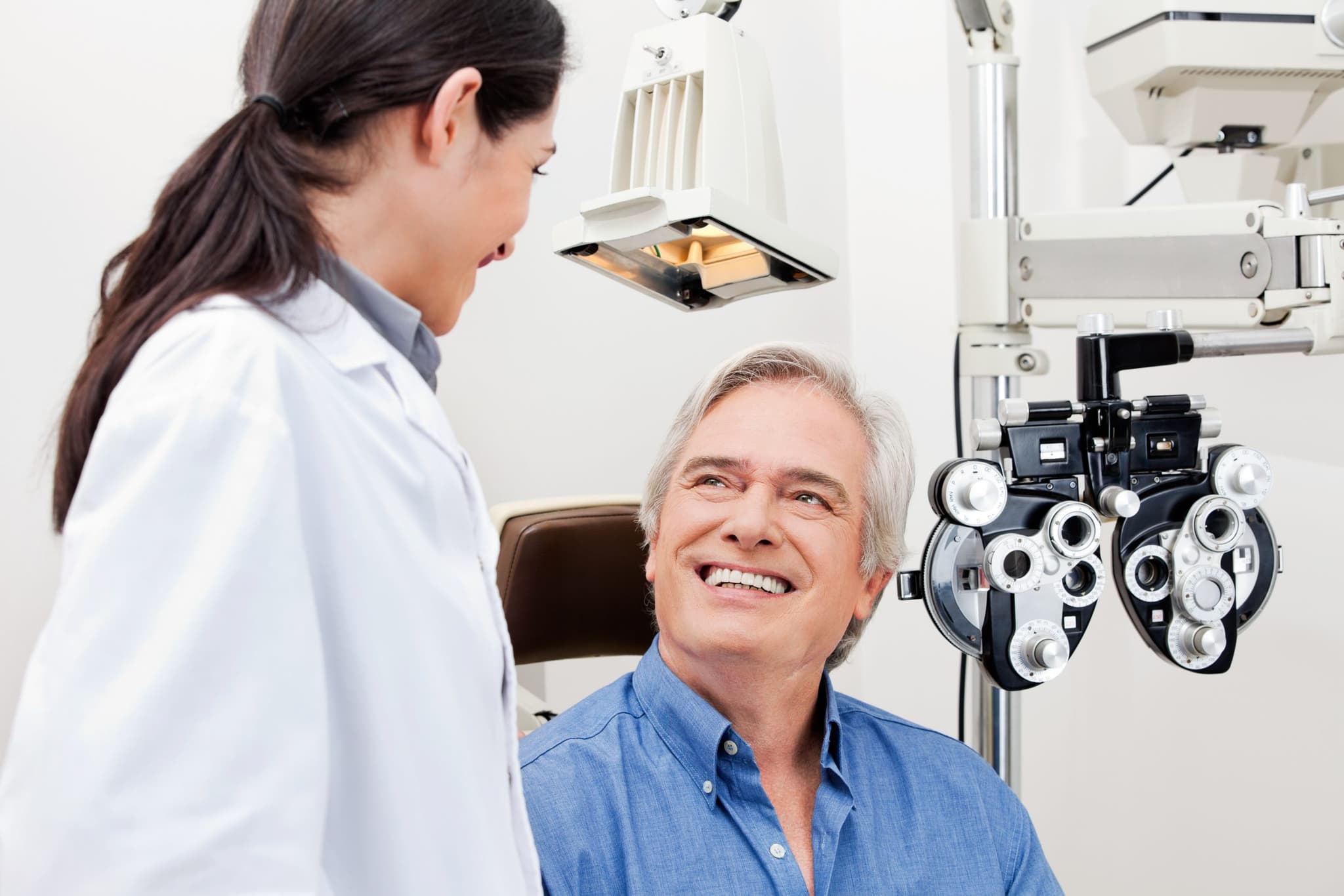
2022-06-15T09:48:15
Cataracts Awareness: Just See What you are Missing
- Ophthalmology
January 12, 2017 | Ophthalmology
Specialties:Ophthalmology

Our eyesight is a vital part of our day-to-day lives, so it’s important to make sure you are taking proper care of your eyes.
Ophthalmologists are doctors who specialize in the care of vision and the eyes. Here’s a closer look at their practice and training, related specialties and a few common signs that suggest you might be in need of ophthalmology services.
Ophthalmology is the practice of medical and surgical care of the eyes and any issues related to vision. Ophthalmologists are required to attend medical school, at least one year of an internship and at least three years of a surgical residency. By the time training is complete, an ophthalmologist will have completed at least eight years of additional schooling.
Ophthalmologists can offer complete eye care services including:
Some ophthalmologists may choose to specialize in a specific area of eye care such as glaucoma, plastic surgery or pediatrics. These subspecialists often acquire additional training through a fellowship.
There are also several areas of eye medicine which, while they’re related to each other and to ophthalmology, are not quite the same. These jobs include:
Optician: Not a licensed doctor who can perform exams or order prescriptions, but opticians can design and fit glasses or contacts once they’ve been prescribed.
Optometrist: Optometrists are licensed to perform eye exams and treat minor vision conditions. They can also diagnose conditions and prescribe medications or glasses/contacts. They often work closely with ophthalmologists.
Ophthalmic medical assistant: Technicians in an ophthalmologist’s office, helps perform tests and exams.
Ophthalmic technicians: Well-trained medical assistants who help with tests and minor surgeries.
Ophthalmic registered nurse: Special nurse training, assists with things like injections or surgeries.
Ophthalmic photographer: Use special cameras to photograph eye conditions.
Many issues of the eyes build up over time, and can be prevented by regular checks. It’s generally recommended that all people see an ophthalmologist by or before age 40, and continue to see one as often as he or she recommends after that point.
Some of the most common signs you might be dealing with an eye condition include:
If you experience any of the above symptoms, it may be time to schedule an appointment with your ophthalmologist. He or she can help you create a treatment plan that will work for you and your condition.
Sources:
“Eye Doctors: Optometrists and Ophthalmologists.” WebMD. http://www.webmd.com/eye-health/eye-doctors-optometrists-ophthalmologists
“What is an Ophthalmologist?” American Academy of Ophthalmology. https://www.aao.org/eye-health/tips-prevention/what-is-ophthalmologist
WRITTEN BY:
The Live Better Team
This information is not intended to replace the advice of a medical professional. You should always consult your doctor before making decisions about your health.